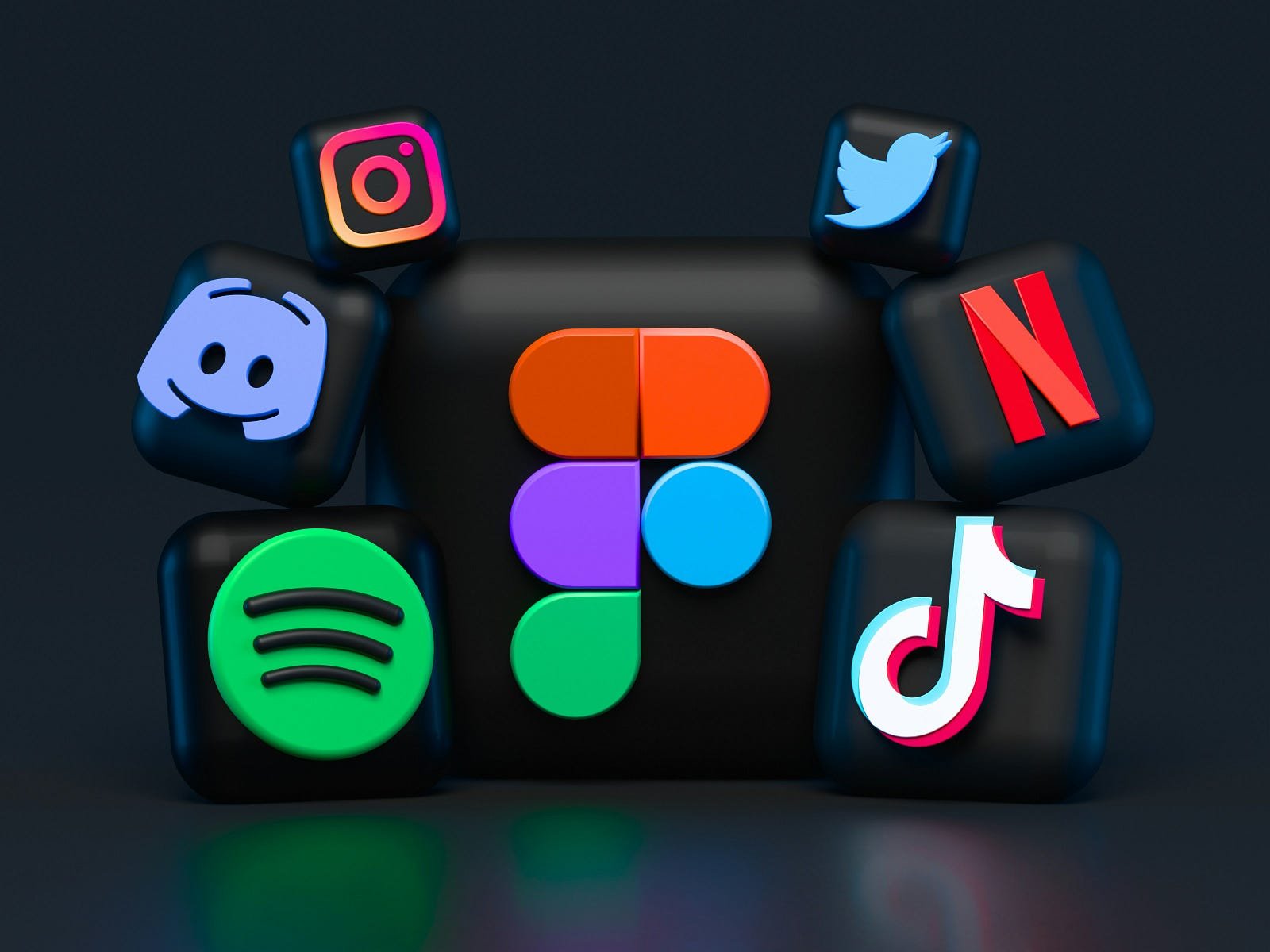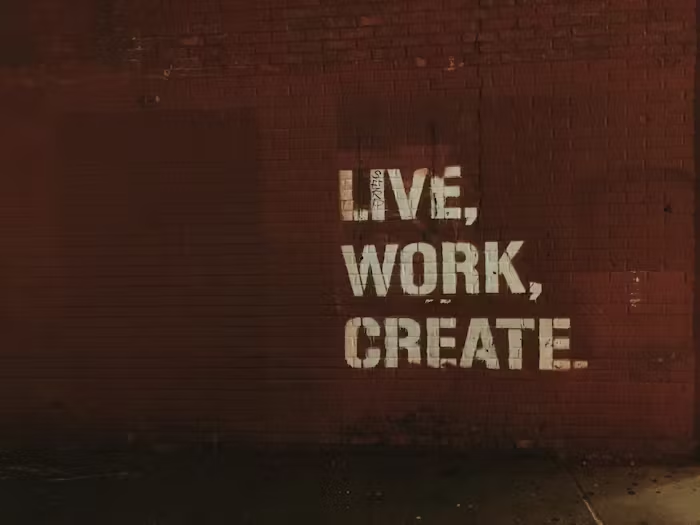In an age dominated by technology, social media platforms like Instagram, Facebook, Twitter, and TikTok have become integral to daily life. They connect billions of people, offering instant communication, endless streams of content, and opportunities for self-expression. While social media brings undeniable benefits, its influence on modern psychology is profound and multifaceted, sparking debates among researchers, mental health experts, and the general public.
This article dives deep into the ways social media shapes contemporary psychological patterns, its benefits and pitfalls, and strategies for fostering a healthy relationship with these platforms.
The Ubiquity of Social Media in Modern Life
Statistics That Highlight Its Influence
- As of 2024, over 4.8 billion people use social media worldwide, averaging 2.5 hours daily.
- Platforms are particularly influential among younger demographics, with 84% of teens reporting daily use.
Given this prevalence, it’s no surprise that social media profoundly impacts cognitive processes, emotional well-being, and social interactions.
The Positive Psychological Impacts of Social Media
1. Enhancing Social Connectivity
Social media platforms break down geographical barriers, allowing people to maintain relationships regardless of location.
- Family and Friends: Platforms like WhatsApp and Messenger enable real-time communication with loved ones.
- Support Networks: Niche communities on Reddit or Facebook provide emotional support for individuals dealing with challenges, such as chronic illnesses or mental health struggles.
Psychological Benefit: Feeling connected reduces loneliness and bolsters emotional resilience.

2. Opportunities for Self-Expression
Social media offers creative outlets for users to showcase their personalities, talents, and opinions.
- Artistic Expression: Platforms like Instagram and TikTok allow artists to share their work.
- Activism: Social media amplifies voices, empowering individuals to advocate for social change.
Psychological Benefit: Expressing oneself authentically enhances self-esteem and fosters a sense of purpose.
3. Educational Resource and Awareness
Social media democratizes access to information, exposing users to diverse perspectives and knowledge.
- Health Awareness: Influencers and professionals share mental health tips, reducing stigma.
- Skill Development: Platforms like YouTube provide tutorials on everything from cooking to coding.
Psychological Benefit: Continuous learning boosts cognitive engagement and self-efficacy.
The Negative Psychological Impacts of Social Media
Despite its advantages, social media can have adverse effects on mental health and cognitive processes.
1. The Comparison Trap
Social media fosters a culture of comparison, as users are bombarded with curated content showcasing the best moments of others’ lives.
- Highlight Reels: Platforms often portray unrealistic standards of beauty, success, and happiness.
- FOMO (Fear of Missing Out): Seeing others enjoy vacations or parties can make users feel excluded or inadequate.
Psychological Impact: Chronic comparison leads to low self-esteem, anxiety, and depression.
2. The Addiction Phenomenon
Social media platforms are designed to maximize user engagement, leveraging features like infinite scrolling and algorithm-driven content.
- Dopamine Hits: Notifications and likes activate the brain’s reward system, fostering dependency.
- Time Distortion: Users often lose track of time, neglecting offline responsibilities.
Psychological Impact: Excessive use disrupts sleep, productivity, and real-world relationships.
3. Cyberbullying and Online Harassment
Anonymity and the lack of accountability on social media often lead to negative interactions, including trolling, bullying, and hate speech.
- Widespread Harassment: Studies show that 41% of Americans have experienced online harassment.
- Emotional Toll: Victims often experience stress, anxiety, and post-traumatic symptoms.
Psychological Impact: Persistent harassment erodes self-worth and contributes to mental health disorders.
4. Reduced Attention Span
The rapid consumption of bite-sized content on platforms like TikTok and Twitter trains the brain for constant stimulation, reducing the ability to focus on lengthy or complex tasks.
Psychological Impact: Difficulty concentrating impacts learning, work performance, and problem-solving skills.
5. Unrealistic Social Expectations
Social media perpetuates unrealistic norms regarding relationships, career success, and lifestyles.
- Romantic Relationships: Glamorous portrayals of “perfect couples” can create dissatisfaction in one’s own relationships.
- Career Pressures: The emphasis on “hustle culture” can lead to burnout and feelings of inadequacy.
Psychological Impact: Constant exposure to idealized content fosters stress and unrealistic expectations.
The Role of Algorithms in Shaping Behavior
Social media platforms rely on sophisticated algorithms to curate content tailored to individual users.
1. Echo Chambers and Confirmation Bias
Algorithms prioritize content that aligns with users’ preferences, reinforcing preexisting beliefs and limiting exposure to diverse perspectives.
Impact on Psychology: Echo chambers exacerbate polarization and reduce critical thinking.
2. Amplification of Emotional Content
Content that evokes strong emotions — whether joy, anger, or sadness — is more likely to go viral.
Impact on Psychology: Constant exposure to emotionally charged content can heighten stress and anxiety levels.
How Social Media Influences Cognitive Development
1. Impact on Adolescents
Adolescents are particularly susceptible to the psychological effects of social media due to their developing brains.
- Identity Formation: Social media influences how teens perceive themselves and their peers.
- Risk of Dependency: Adolescents are more likely to develop addictive behaviors around social media use.
Example: A 2023 study found that heavy social media use correlates with higher rates of anxiety among teens.
2. Memory Distortion
The constant flood of information on social media can lead to memory fragmentation and difficulty distinguishing between significant and trivial events.
Impact on Psychology: Reduced ability to form cohesive narratives about one’s experiences.
Strategies for a Healthy Relationship with Social Media
Given its pervasive influence, it’s crucial to adopt strategies that mitigate the negative psychological effects of social media while maximizing its benefits.
1. Practice Digital Detoxing
Regular breaks from social media can help reset the brain’s reward system and reduce dependency.
- Set Time Limits: Use tools like screen time trackers to monitor usage.
- Engage in Offline Activities: Hobbies and face-to-face interactions provide fulfilling alternatives.
2. Curate Your Feed
Following accounts that inspire positivity and unfollowing those that trigger negative emotions can transform your social media experience.
- Focus on Educational Content: Prioritize pages that share informative and uplifting content.
- Avoid Toxic Comparisons: Follow authentic influencers who promote realistic lifestyles.
3. Balance Online and Offline Relationships
While social media facilitates connection, it’s important not to neglect real-world relationships.
- Quality Over Quantity: Invest time in meaningful interactions rather than accumulating followers.
- Use Social Media as a Tool: Leverage it to arrange in-person meetings or collaborations.
4. Build Media Literacy
Educating oneself about the inner workings of social media algorithms can reduce susceptibility to manipulation.
- Understand Algorithms: Recognize how content is tailored to influence behavior.
- Fact-Check Information: Avoid sharing unverified posts to reduce the spread of misinformation.
5. Seek Professional Help When Needed
If social media use begins to negatively impact mental health, consulting a therapist or counselor can provide guidance and coping strategies.
The Future of Social Media and Psychology
As technology advances, social media platforms will continue to evolve, bringing new psychological challenges and opportunities.
1. The Rise of Virtual Reality (VR) and Augmented Reality (AR)
Immersive experiences in the metaverse may redefine social interactions, further blurring the line between online and offline realities.
2. AI-Powered Emotional Analysis
Future platforms may use AI to assess users’ emotions in real time, tailoring content to influence mood and behavior.
Potential Concern: Ethical questions about privacy and manipulation.
3. Greater Emphasis on Mental Health
Many platforms are incorporating features to promote mental well-being, such as tools to track screen time or AI-driven interventions for users showing signs of distress.
Example: Instagram’s “Take a Break” feature encourages users to step away after prolonged use.
Social media has become a defining feature of modern life, influencing psychology in profound ways. While it fosters connection, creativity, and education, it also presents challenges, such as addiction, comparison, and mental health risks.
Understanding these effects empowers individuals to make informed choices about their social media use. By adopting healthy habits and leveraging the positive aspects of these platforms, users can harness the power of social media without falling victim to its pitfalls.
In an ever-connected world, maintaining balance is key to preserving mental well-being while embracing the opportunities social media offers.










